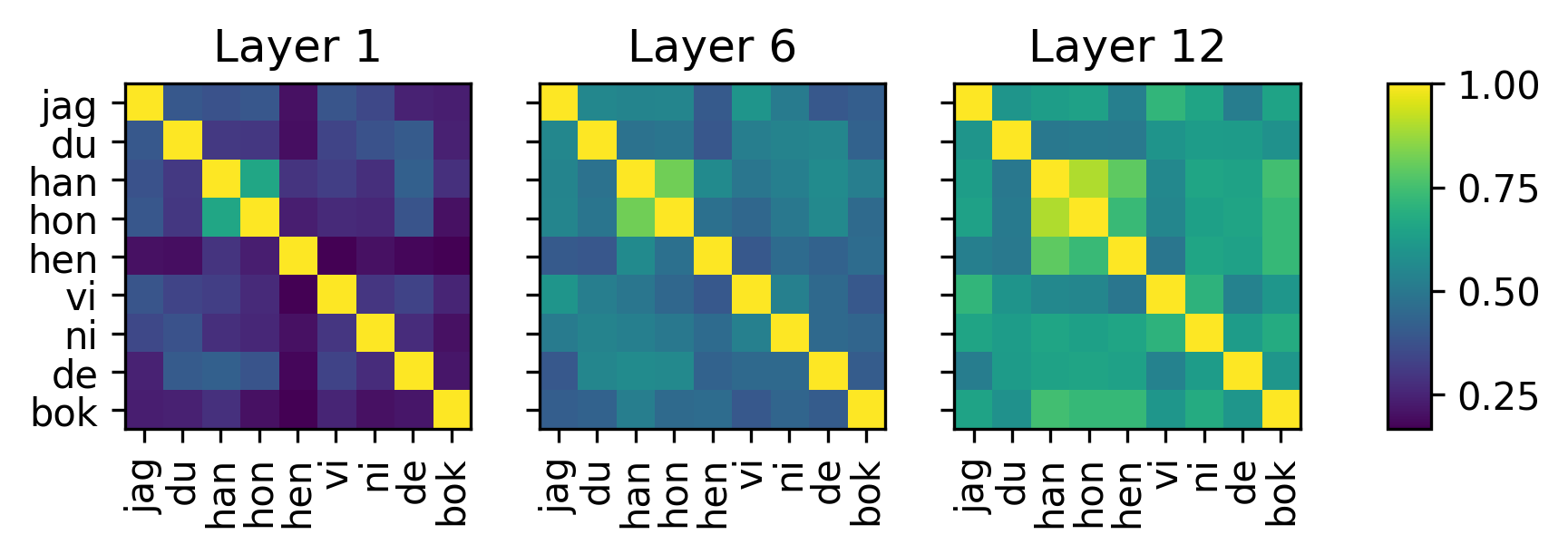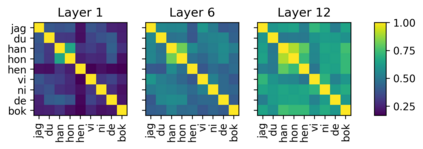Gender-neutral pronouns have recently been introduced in many languages to a) include non-binary people and b) as a generic singular. Recent results from psycholinguistics suggest that gender-neutral pronouns (in Swedish) are not associated with human processing difficulties. This, we show, is in sharp contrast with automated processing. We show that gender-neutral pronouns in Danish, English, and Swedish are associated with higher perplexity, more dispersed attention patterns, and worse downstream performance. We argue that such conservativity in language models may limit widespread adoption of gender-neutral pronouns and must therefore be resolved.
翻译:最近来自精神语言学的研究结果表明,性别中立的代名词(瑞典语)与人的处理困难无关,这与自动化处理截然不同,这表明丹麦语、英语和瑞典语中性别中立的代名词与更高的易懂性、更分散的注意模式和更差的下游表现有关,我们认为,语言模式中的这种保守性可能会限制广泛采用性别中立的代名词,因此必须加以解决。






